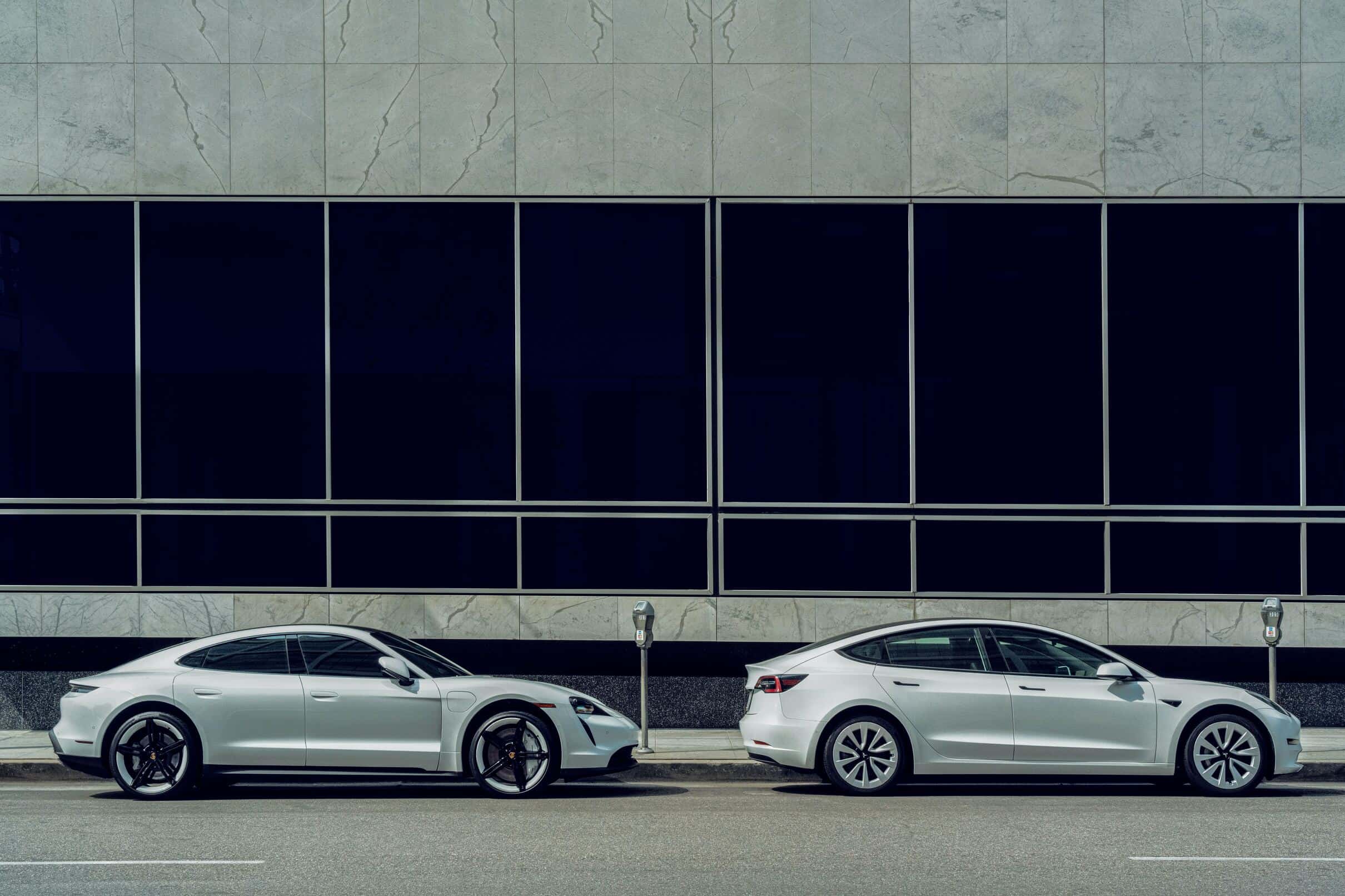Introduction
In a resolute effort to combat climate change and foster a sustainable future, the United Kingdom has laid out an ambitious plan to ban the sale of new petrol and diesel vehicles, commonly known as internal combustion engine (ICE) vehicles, by 2030. As this landmark decision sets the course towards a greener automotive landscape, it also presents multifaceted challenges for various stakeholders within the automotive industry. With the deadline approaching, the UK government is actively exploring measures to ease the impact of the ICE ban and facilitate a smooth transition to electric vehicles (EVs). In this article, we will delve into the considerations being made by the government and the potential implications on the automotive landscape.

- The 2030 ICE Ban and Its Objectives
The United Kingdom’s implementation of the 2030 ICE ban is grounded in a steadfast commitment to address the pressing issue of climate change. By transitioning away from fossil fuel-powered used cars, the government aims to significantly curtail carbon emissions, enhance air quality, and promote environmental sustainability. This critical milestone forms part of a comprehensive strategy to achieve net-zero emissions by 2050, aligning with international efforts to mitigate global warming and its far-reaching consequences.
- Challenges Faced by the Automotive Industry
While the 2030 ICE ban represents a bold stride towards a greener future, it brings forth several challenges for the automotive industry and associated sectors:
2.1 Infrastructure Development: One of the primary hurdles in the EV transition is the development of an extensive and reliable charging infrastructure. Ascertaining the availability of charging stations is vital to mitigate range anxiety and encourage consumers to embrace electric mobility.
2.2 Battery Technology and Supply Chain: The surge in EV demand will impose significant pressures on battery technology and the supply chain for critical raw materials, such as lithium and cobalt. Ensuring a sustainable and secure supply chain is essential to support the mass adoption of EVs.
2.3 Consumer Acceptance: Successfully persuading consumers to transition from conventional petrol and diesel cars to electric alternatives necessitates addressing concerns related to range limitations, charging times, and overall cost of ownership.
2.4 Impact on Employment: The shift towards EVs could have ramifications on automotive industry jobs, particularly those associated with conventional engine manufacturing. Ensuring effective workforce management during the transition is paramount.
- Government Measures to Mitigate the Impact
Recognizing the complexities of transitioning to an electrified automotive landscape, the UK government is actively considering an array of measures to alleviate the impact of the 2030 ICE ban:
3.1 Incentives and Subsidies: The government may extend or expand financial incentives and subsidies to incentivize the purchase of electric vehicles. These incentives could encompass grants, reduced taxes, or diminished registration fees for prospective EV buyers.
3.2 Investment in Charging Infrastructure: A notable emphasis is placed on investing in an extensive and accessible charging infrastructure to alleviate range anxiety and ensure that EV owners have convenient access to charging points throughout the country.
3.3 Support for Battery Technology and Manufacturing: To foster domestic battery manufacturing and ensure a stable supply chain, the government may provide grants and funding for research and development in battery technology.
3.4 Expansion of Clean Energy Sources: To accommodate the increased demand for electricity due to widespread EV adoption, the government may prioritize the expansion of renewable energy sources to secure a sustainable and low-carbon energy supply.
3.5 Education and Awareness Campaigns: Addressing consumer concerns and promoting the benefits of electric vehicles is vital. The government may launch education and awareness campaigns to inform the public about the advantages of EVs, dispel common myths, and underscore the environmental benefits.
- Collaborative Engagement with Industry Stakeholders
Effectively realising the transition to a post-2030 automotive landscape necessitates close collaboration between the government, automakers, industry stakeholders, and consumers:
4.1 Automaker Collaboration: The government will work in close partnership with automakers to bolster their endeavours in developing and producing electric vehicles. Encouraging investments in EV manufacturing and ensuring a seamless transition for automakers are paramount.
4.2 Partnerships with Charging Providers: Collaborating with charging infrastructure providers is crucial to expand and optimize the charging network, making it more accessible and reliable for EV owners.
4.3 Consumer Engagement: Engaging with consumers is essential to address concerns, build trust, and foster EV adoption. The government will collaborate with consumer advocacy groups to gain insights into consumer needs and aspirations.
Conclusion
The United Kingdom’s commitment to ban the sale of new petrol and diesel vehicles by 2030 signifies a resolute stride towards a greener and more sustainable future. However, achieving this vision entails meticulous consideration of the challenges confronted by the automotive industry and the implementation of measures to ease the impact of the ICE ban. By investing in charging infrastructure, supporting battery technology, providing incentives, and collaboratively engaging with industry stakeholders, the government endeavours to ensure a seamless and successful transition to an electrified automotive landscape. Through strategic planning and active involvement with consumers and industry, the UK paves the way for a cleaner, greener, and more environmentally responsible future.
Choose My Car have reviewed many used cars, and the electric vehicle market is no exception. As the market grows, it’s important to inform you, our audience about the new changes and best deals.





